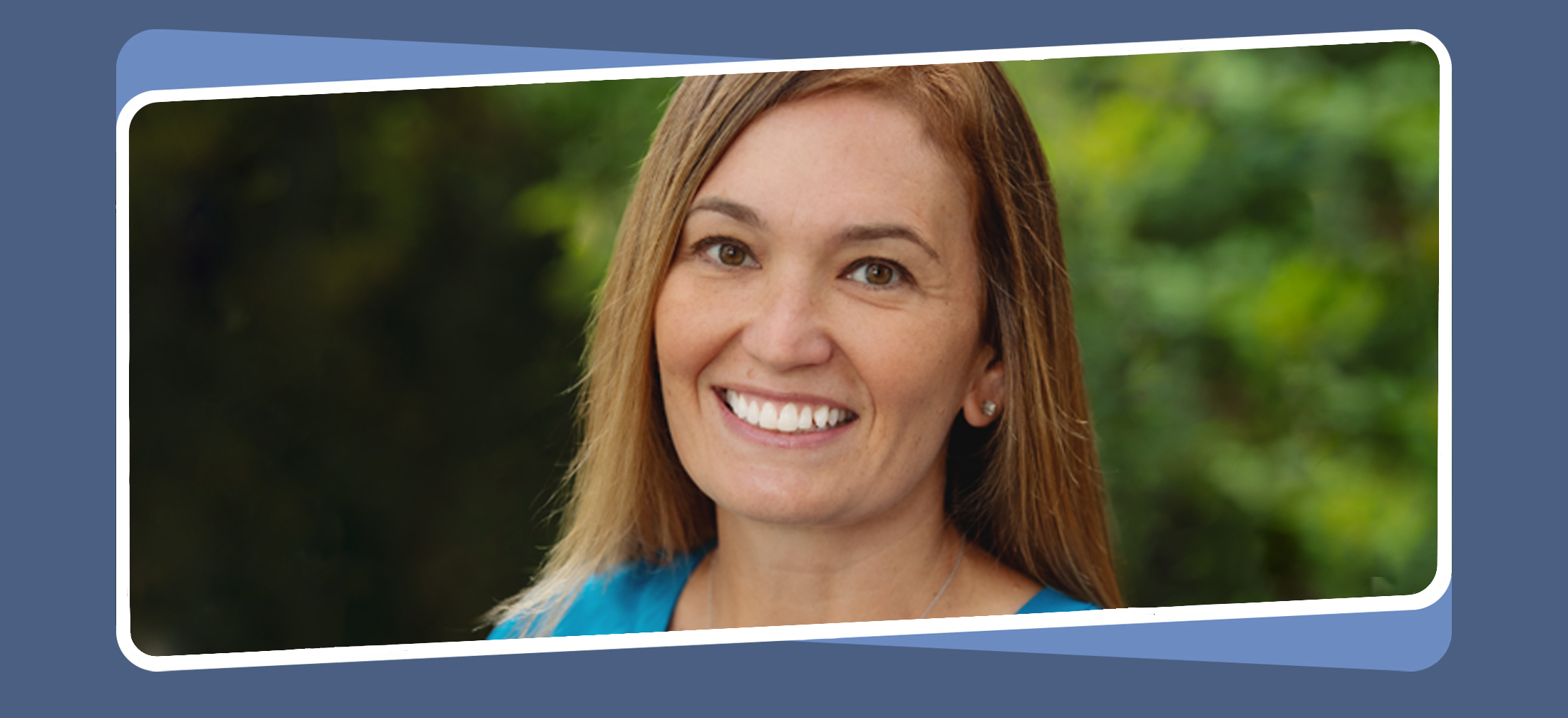I feel grounded and most productive when my house is well-organized and tidy. But using an annual “spring cleaning” approach doesn’t work for me—I start with great gusto but quickly get overwhelmed with the complexity and time demands of the task at hand. So, I use a “zoning” approach instead, breaking my house down into smaller, more manageable areas that I cycle through at least once per year. For a given zone, I assess what needs to be done, set reasonable improvement goals, and identify concrete actions and timelines to ensure I get over the finish line despite other draws on my attention. I focus on one zone at a time, but I also monitor how my efforts “add up” over time.
This zoning approach at home has some parallels to how I help schools identify and work toward their desired outcomes—a key competency area in our school improvement consulting framework. In the framework, we define outcomes as the result of pursuing and maintaining focus on the priority aims of the client system. While this capacity is primarily the responsibility of the client, consultants typically help schools set goals and maintain focus.
Setting goals
A school’s desired outcomes are reflected in the goals it sets. To set long-term goals, school teams analyze trends and gaps in students’ academic and non-academic performance, examine current practice, consider district and state priorities, and gather stakeholder input. Then they translate their long-term goals into annual goals. At Marzano Research, we recommend further breaking annual goals into shorter-term, more manageable targets. This lets school teams focus their efforts, mobilize action, track progress, and make adjustments as the year progresses.
In our work helping schools with improvement efforts, we advise that goals should:
- Be small in number to allow for deeper and sustained focus.
- Address the school’s most pressing needs and priorities to achieve better student outcomes.
- Feel important and compelling to stakeholders to create demand and incentive for action.
- Be clear and specific to ensure everyone understands what success looks like and what part they can play.
- Strike the right balance between challenging and attainable to prevent de-motivation when goals are beyond reach, and dissatisfaction with pace of improvement when goals are too easy to achieve.
- Represent a logical through-line from near- to longer-term improvement aims to ensure improvement efforts and successes accumulate for greater impact over time.
- Focus squarely on desired student outcomes, not strategies (i.e., adult actions) for achieving them to provide a “north star” for what the school aims to achieve, even as strategies evolve over time.
- Drive decisions about use of time and other resources to create optimal conditions for maintaining collective focus.
Maintaining focus
To achieve intended outcomes for students, school teams must be clear not only about where they are headed (goals), but also how they will maintain a relentless focus on these goals in an environment of many demands.
Consultants can help school teams maintain focus by working with them to develop a practice of running daily decisions through a set of questions such as:
- How does this decision relate to our priority focus?
- Would this decision help us achieve our goals faster and better?
- Does this decision create or remove obstacles for pursuing our goals?
- What might be unintended consequences of this decision on our ability to maintain focus?
- What effect might this decision have on the individuals most responsible for implementing our priority improvement efforts?
- Would this decision lead to stakeholders feeling more or less invested in our improvement goals and priorities?
When it comes to outcomes, a consultant supports clients by bringing an outside perspective, facilitating processes, and drawing from their own expertise and experience to advise. But in the end, it’s the client’s “house”—they own and need to live with the results.
This wraps up our blog series introducing the major facets of our School Improvement Consulting Framework, which includes consulting principles, use of self, process skills and tools, content expertise, and outcomes. But stay tuned: Next, we will dive deeper into each rung of the consulting framework to provide additional insights, tips, and tools.





